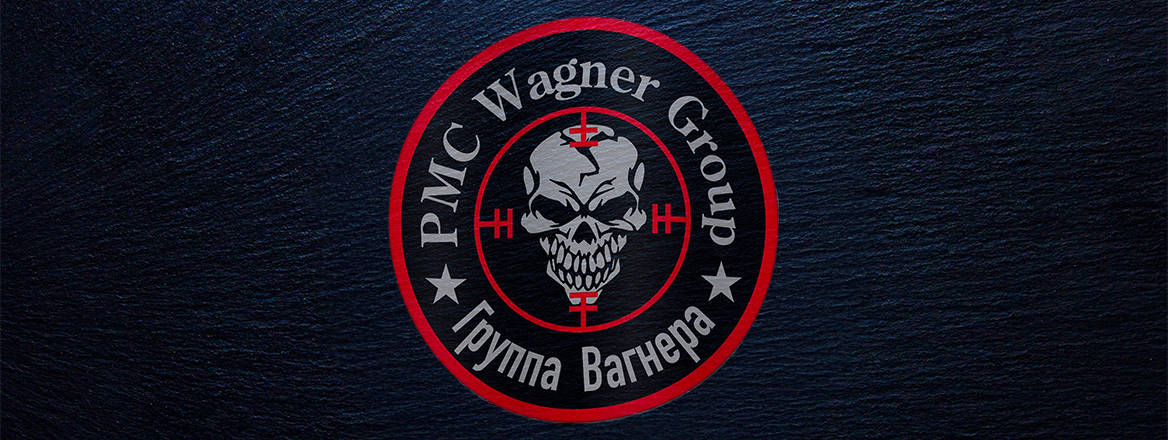Did Wagner Succeed in the Eyes of its African and Middle Eastern Clients?
This Whitehall Report looks at the Wagner Group from the perspective of its African and Middle Eastern clients, focusing on four case studies: Mali, the Central African Republic, Mozambique and Syria.
Why did the governments of these countries seek Wagner’s services and how did they assess its work? The general perception has been that Wagner’s success was due to its willingness to provide regime survival packages to whoever was willing to pay, but the reality is more complex.
Wagner delivered a range of services to African and Middle Eastern governments and each of these needs to be assessed separately. In terms of support services such as training, advising and maintenance, Wagner’s performance was rather undistinguished in the view of its African and Middle Eastern clients. After the mutiny in 2023, most of Wagner’s support services contracts were taken over without much trouble by the Russian Ministry of Defence (MoD).
With regard to Wagner’s provision of ready-to-deploy combat units, as of 2024 it remained one of few entities willing to offer this service, as well as the most willing to deploy in very challenging environments. Attempts by the Russian MoD to replace Wagner in such tasks following the mutiny were met with stubborn resistance by the Malian and CAR governments. The Syrian government, by contrast, was happy to see Wagner leave in 2023, based on the (wrong) perception that President Bashar Al-Assad’s regime had already won the Syrian civil war. In Mozambique, it was Wagner’s leader Yevgeny Prigozhin who decided to bail out, probably because the financial incentives appeared too weak once the extent of the challenge in northern Mozambique became evident. Overall, while Wagner was fairly successful in providing ready-to-deploy small armies in challenging environments, it was clearly exposed to the risk of ending up seriously embattled.
Wagner also stood out as an innovator in the information operations field, certainly compared with previous Russian standards. It did not mount information operations in Syria, but in Africa it helped strengthen and improve the effectiveness of country-focused and continent-wide information operations. In practice, it is not really possible to state with complete conviction how much of the popularity enjoyed by some of the regimes it supported was due to Wagner’s efforts, but the media campaigns it enabled and supported did appear to enjoy considerable success.
Wagner thus did not just provide a regime survival package: in fact, this description of Wagner’s services only really fits the CAR. In most cases, the purpose of Wagner has been to fix specific issues, and host regimes do not see themselves as dependent on Wagner for their long-term survival. By contrast, a nationalist military regime, as for example in Mali, wanted to use Wagner to reassert its sovereignty without compromises or interference from external actors.
Nevertheless, despite African and Middle Eastern perceptions, relying on foreign contractors does imply the risk of creating a new form of dependency. Wagner’s record in training local armed forces appears modest at best, and there is little evidence that the latter have made big strides towards being able to fight effectively on their own.
WRITTEN BY
Dr Antonio Giustozzi
Senior Research Fellow
Terrorism and Conflict
Dr Joana de Deus Pereira
Senior Research Fellow
RUSI Europe
Professor David Lewis OBE
RUSI Senior Associate Fellow, International Security




